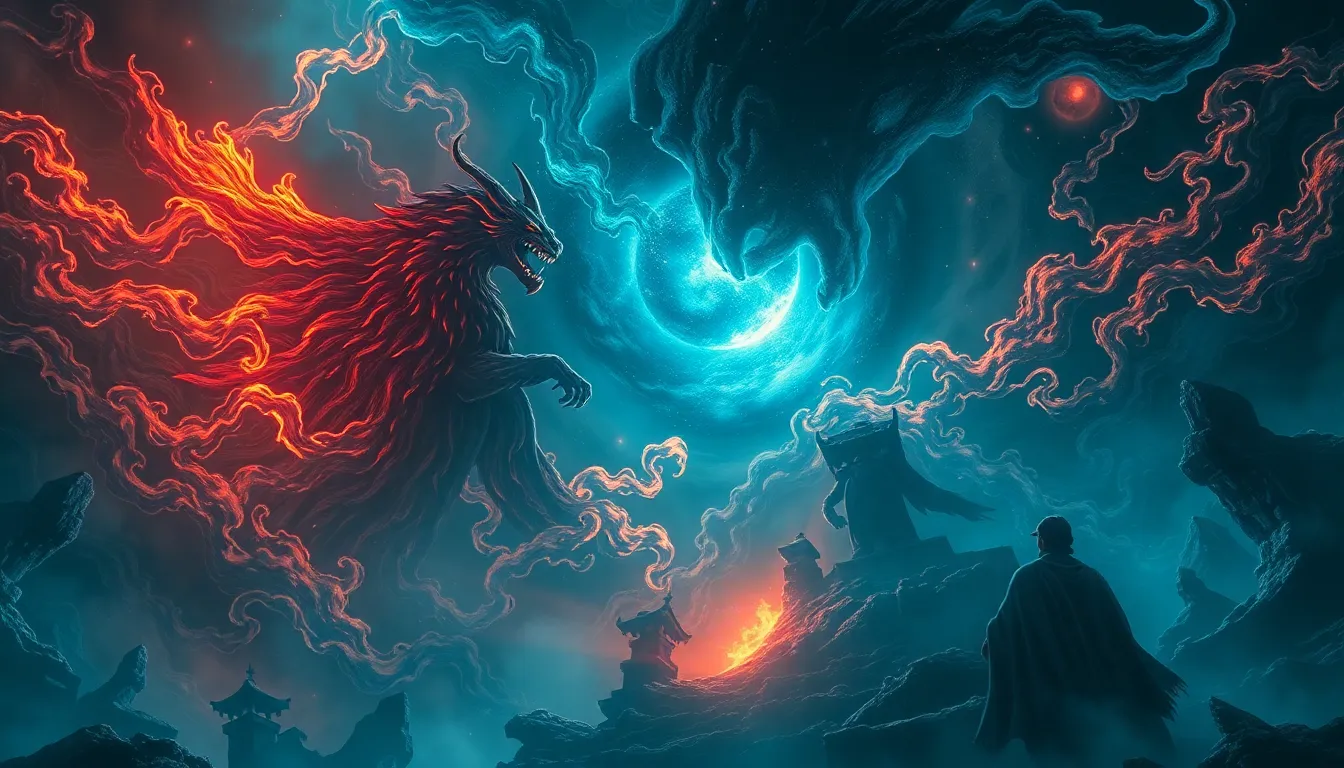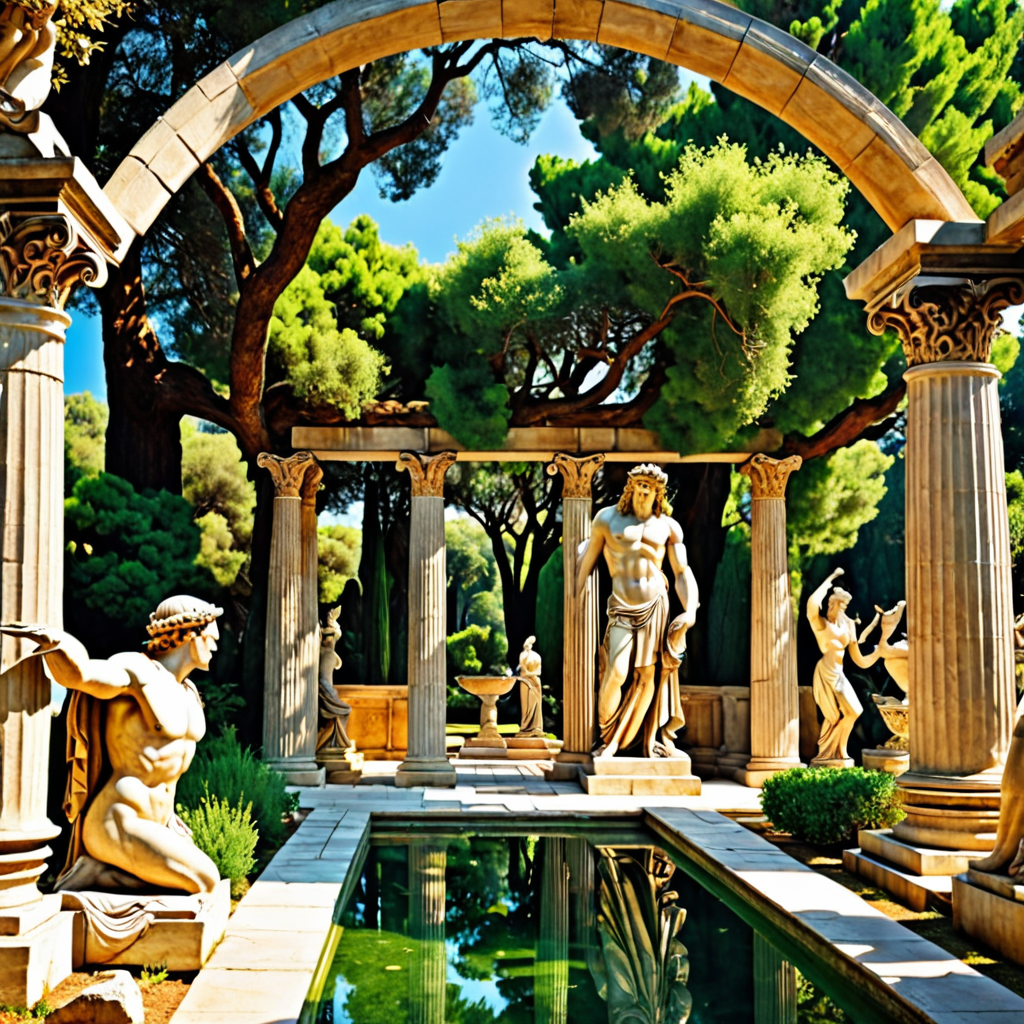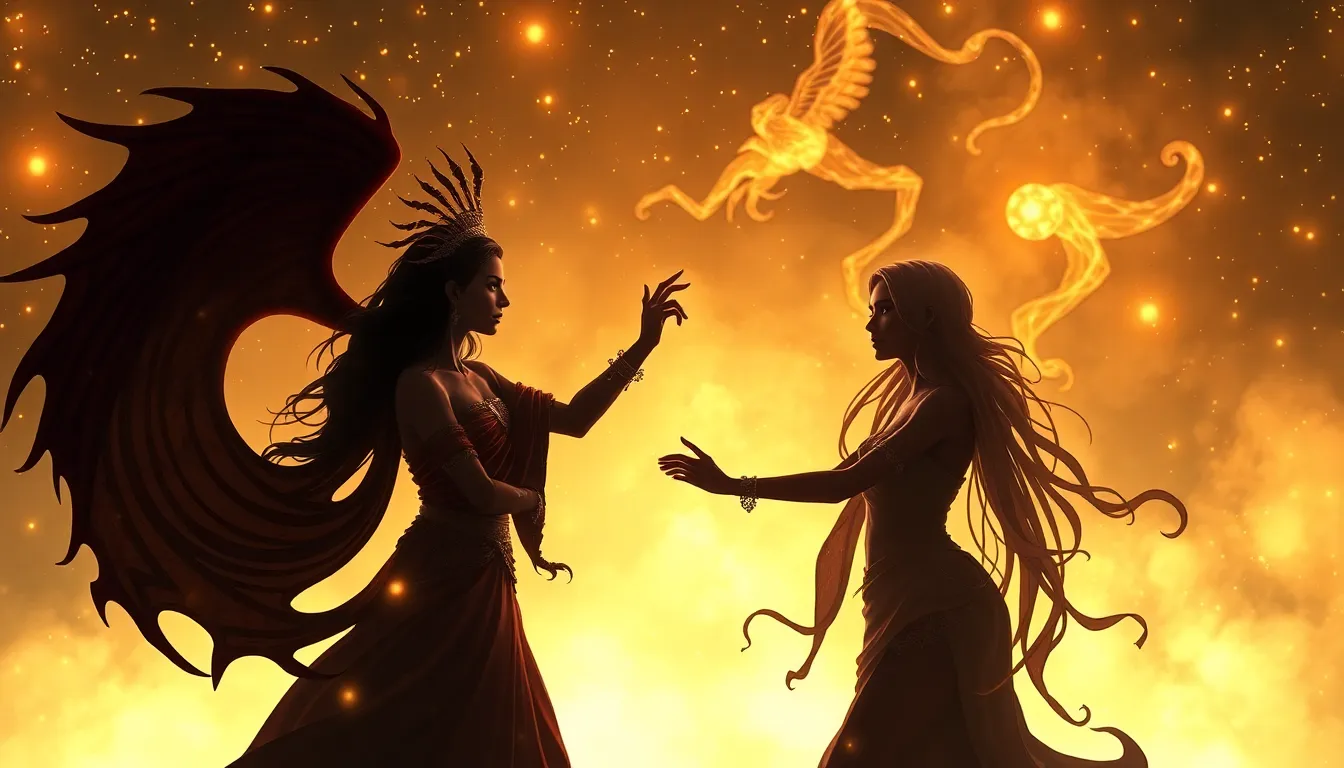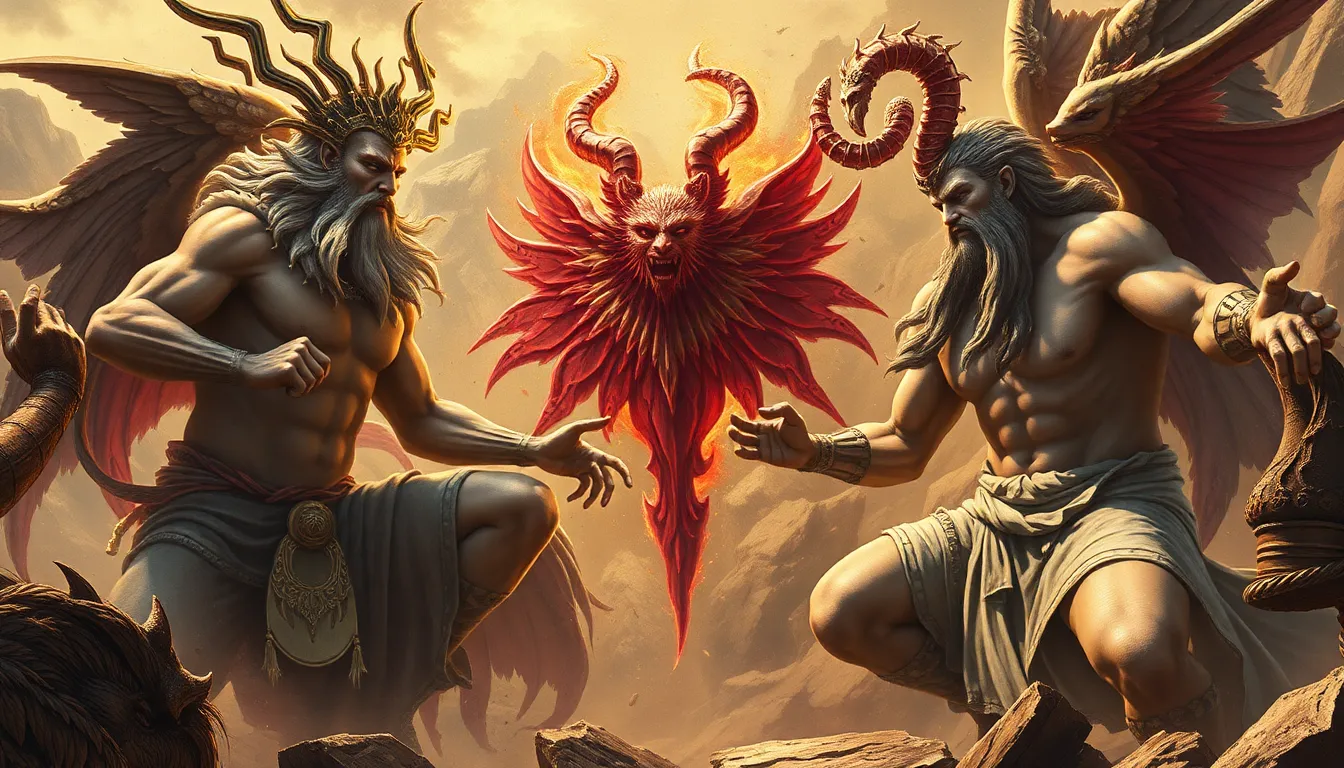The Rich Tapestry of Cultural Hero Myths
Introduction to Cultural Hero Myths
Cultural hero myths are foundational narratives that resonate across time and space, embodying the values, struggles, and aspirations of societies. Defined as stories that feature heroic figures undertaking epic journeys or facing significant challenges, these myths serve to inspire, educate, and unify communities. The significance of hero myths stretches far beyond mere entertainment; they are crucial in shaping cultural identity and imparting moral lessons.
Universal themes found in hero narratives include bravery, sacrifice, the pursuit of justice, and the quest for self-discovery. These themes not only reflect the collective values of a culture but also address fundamental human experiences, making them relatable to audiences across various backgrounds.
Historical Context of Hero Myths
The evolution of hero myths can be traced from ancient civilizations such as Mesopotamia, Greece, and Egypt, where oral traditions were pivotal in preserving stories through generations. These early narratives often served theological or political purposes, reinforcing the ideals of leadership and morality within their societies.
Oral traditions played a vital role in the transmission of these myths, allowing them to be adapted and reinterpreted over time. As societies transitioned to written forms of communication, the codification of these myths allowed for greater accessibility, but also led to the establishment of canonical texts that influenced future generations.
Common Archetypes in Hero Myths
Hero myths often feature common archetypes that resonate deeply with audiences. Some of these archetypes include:
- The Reluctant Hero: A character who initially hesitates to accept their destiny or role, often representing the struggle with self-identity.
- The Tragic Hero: A hero who possesses a fatal flaw that ultimately leads to their downfall, embodying the complexity of human nature.
- The Sage Mentor: An experienced figure who guides the hero on their journey, offering wisdom and knowledge.
Joseph Campbell’s “Hero’s Journey” framework further elucidates the structure of hero narratives, encompassing stages such as the call to adventure, the crossing of thresholds, and the return with newfound wisdom. This framework emphasizes the cyclical nature of hero myths and their relevance to personal and communal growth.
Cultural Variations: Heroes Around the World
Exploring hero figures across cultures reveals both unique traits and shared characteristics. For instance:
- Gilgamesh: The Sumerian king whose epic entails themes of friendship, mortality, and the quest for immortality.
- Hercules: The Greek demigod known for his strength and twelve labors, exemplifying the hero’s struggle against insurmountable odds.
- Beowulf: The Anglo-Saxon hero who battles monsters to protect his people, symbolizing courage and loyalty.
Indigenous hero myths also offer rich narratives that underscore the connection between people and nature, reflecting cultural values and traditions. These myths often serve as foundational stories that define a community’s identity and worldview.
The Role of Gender in Hero Myths
The portrayal of heroes has evolved significantly, particularly regarding gender roles. While many traditional hero narratives have predominantly featured male protagonists, there is a growing recognition of female heroes and their contributions to cultural narratives.
Notable female heroines include:
- Mulan: A Chinese legend of a woman who disguises herself as a man to take her father’s place in battle, symbolizing courage and filial piety.
- Joan of Arc: A historical figure who led French troops during the Hundred Years’ War, representing faith, bravery, and nationalism.
The shifting portrayal of gender in hero myths reflects broader societal changes and the ongoing discourse regarding gender equality and representation in media.
Modern Interpretations and Adaptations of Hero Myths
Hero myths continue to influence contemporary literature, film, and media. The resurgence of hero narratives in pop culture, particularly in the form of superheroes in comic books and movies, showcases the timeless appeal of these archetypes. Modern adaptations often reimagine classic heroes, infusing them with contemporary issues and diverse backgrounds.
Films like the Marvel Cinematic Universe and series like “Wonder Woman” illustrate how hero myths are being reinvented to resonate with a modern audience, emphasizing themes of diversity, empowerment, and social justice.
Psychological Perspectives on Hero Myths
Hero myths are not merely stories; they reflect collective human psychology and societal values. They serve as a mirror to our aspirations, fears, and moral dilemmas. Psychologically, hero myths can facilitate personal identity formation and moral development, allowing individuals to explore their own hero’s journey.
By engaging with these narratives, individuals can find inspiration and guidance in their struggles, leading to a deeper understanding of themselves and their place within society.
Cultural Heroes as Symbols of Resistance and Change
Throughout history, heroes have often emerged as figures of social justice and transformation. They challenge the status quo, advocate for the marginalized, and inspire collective action. Case studies of modern-day cultural heroes, such as Malala Yousafzai and Nelson Mandela, highlight the profound impact these figures can have on society.
These heroes embody the spirit of resistance and change, motivating others to stand up for their rights and work towards a better future.
The Future of Hero Myths in a Globalized World
In an increasingly globalized world, cultural hero narratives are evolving, blending traditional elements with contemporary themes. Globalization facilitates the exchange of stories, allowing for the creation of hybrid heroes that reflect diverse cultural backgrounds and experiences.
As new challenges arise, such as climate change and social inequality, the potential for new hero myths to emerge is significant. These narratives will likely address pressing issues while continuing to inspire and unite people across cultures.
Conclusion: The Enduring Legacy of Hero Myths
Hero myths play an essential role in understanding cultural identity and history. They offer a lens through which we can explore human experiences and societal values, fostering empathy and connection among diverse cultures. As we recognize and celebrate the rich tapestry of hero narratives, we acknowledge their enduring legacy in shaping our understanding of what it means to be a hero in our own lives.



